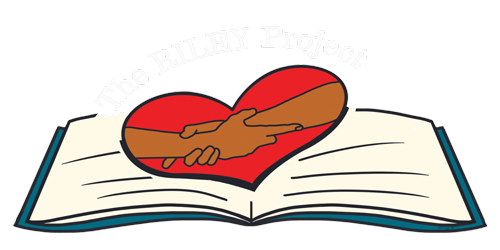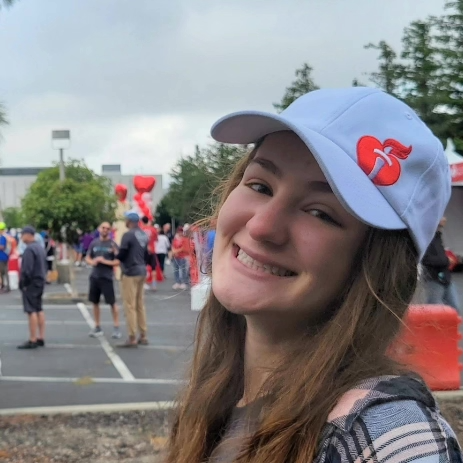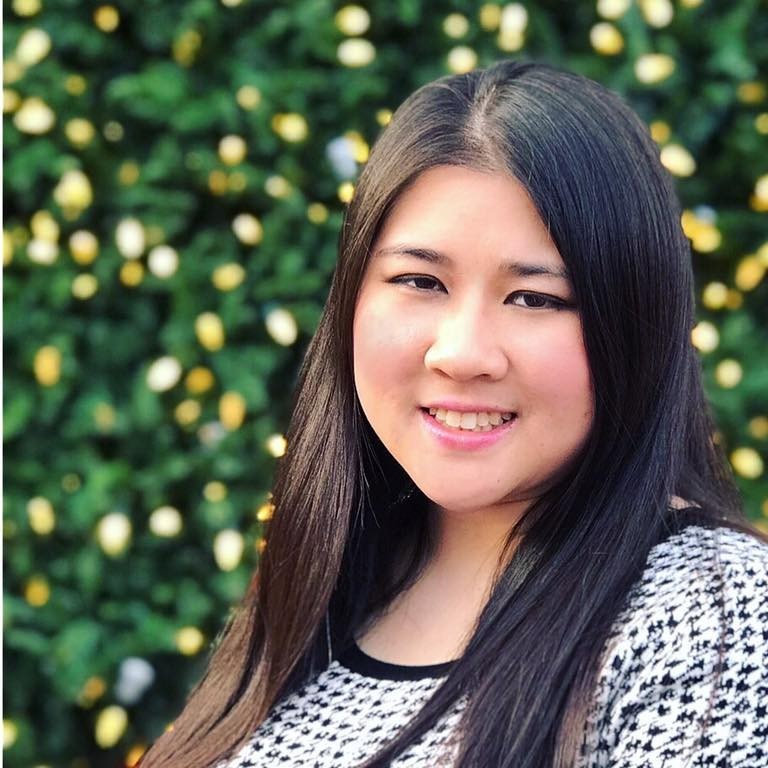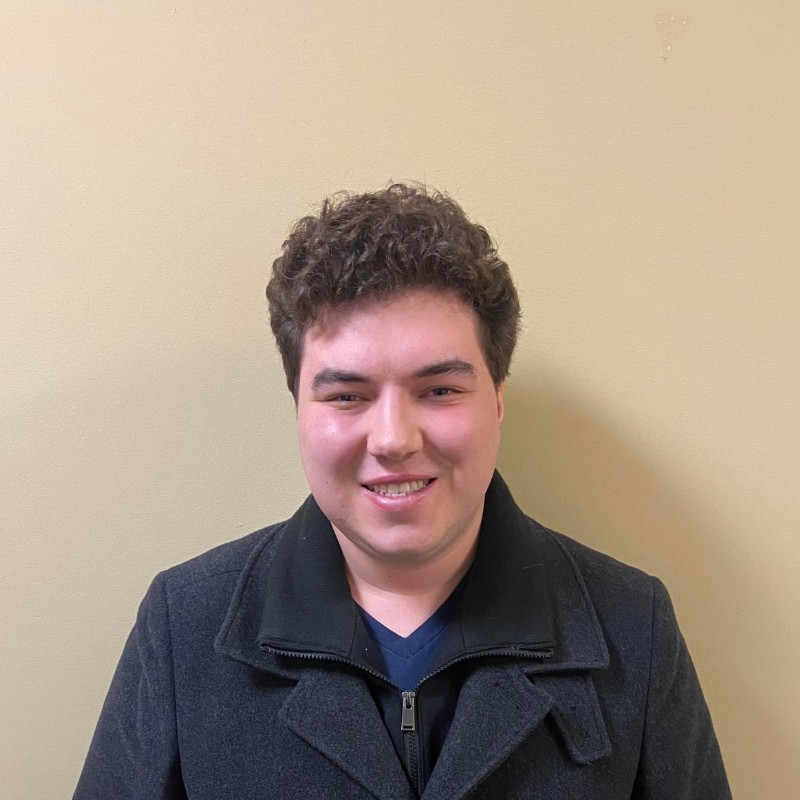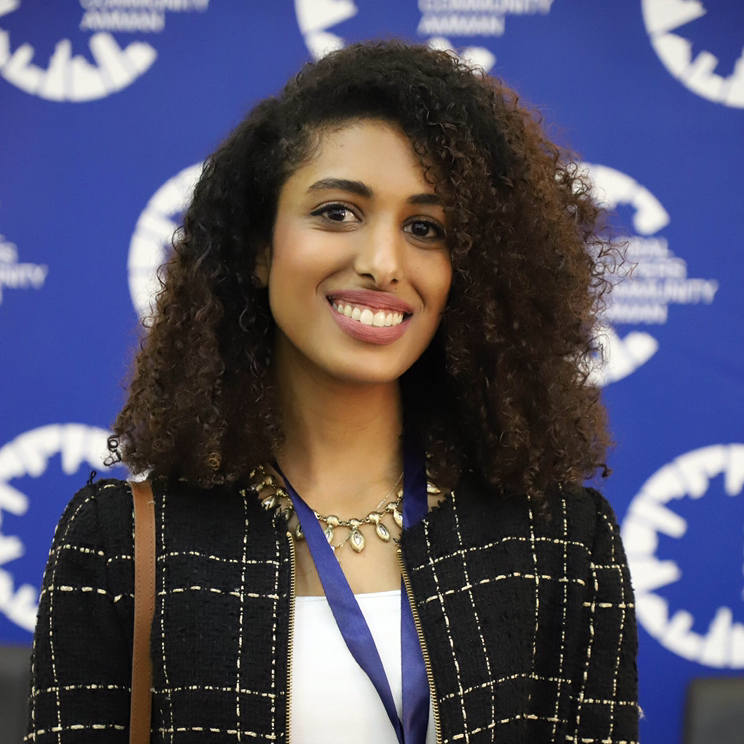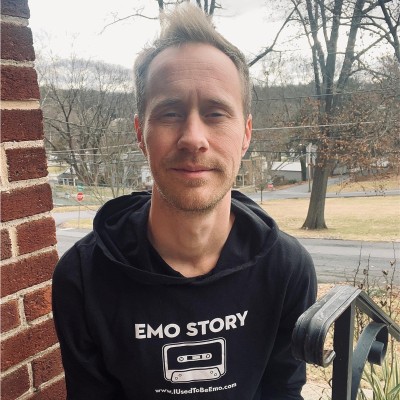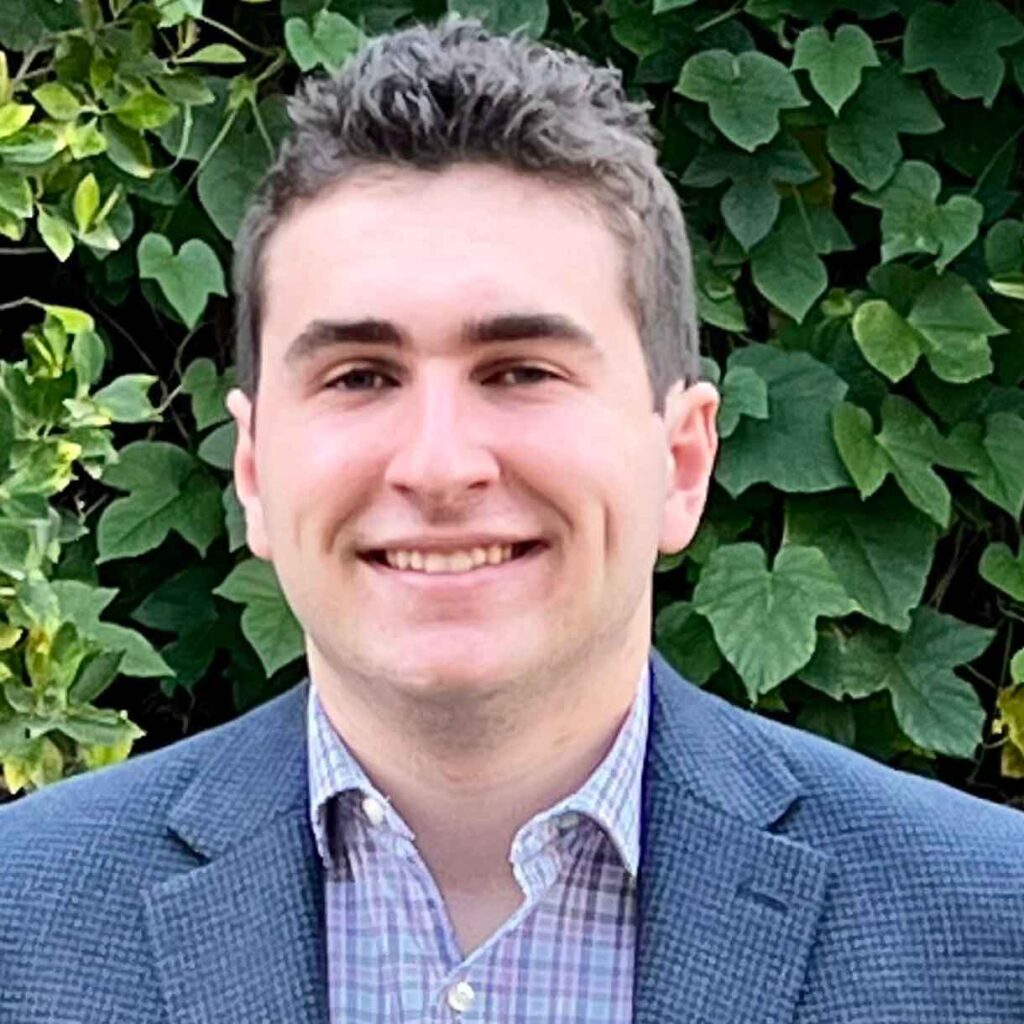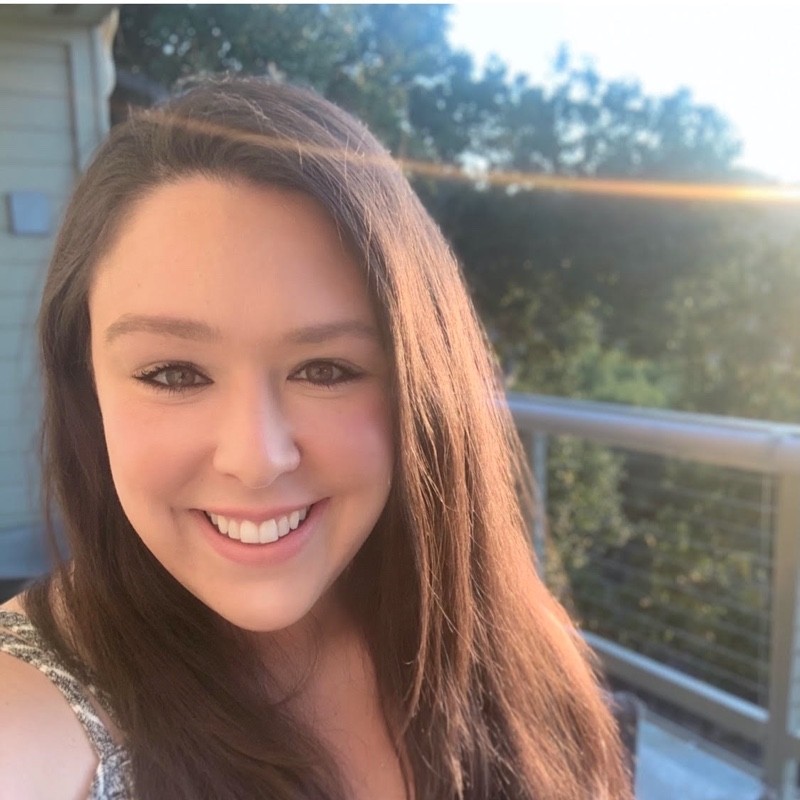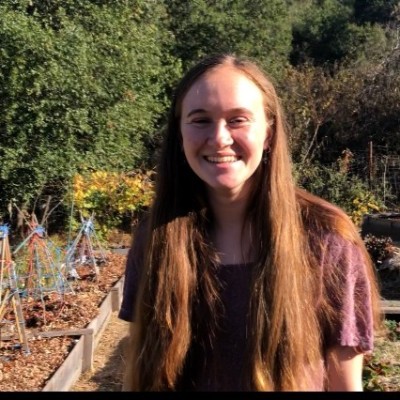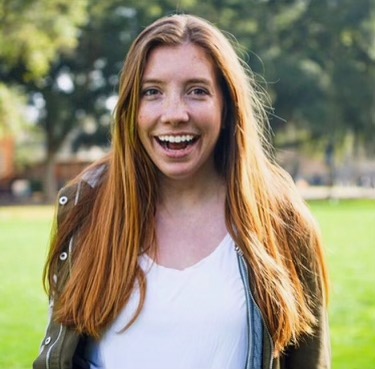
My name is Shellan Saling. I have many identities including being a ginger, a runner, an athlete, a rock climber, someone who is lived abroad, someone who likes help others, an occasional public speaker, and a person who has attention deficit hyperactivity disorder (ADHD).
My story with ADHD began on Christmas Eve. I was rushed to the emergency room for extreme stomach pain. The doctors were confused about the roots of the pain. After six months and many hospital visits and the doctors at Oakland Children's Hospital diagnosed me with ADHD. The extreme stomach pain was due to the stress of wanting to meet my parent’s expectations but the feeling I was unable to.
As a little girl my social skills were unnatural to me. I learned them all on my own. This meant many hours of practicing scripts and different ways to interact with people. I used to be that little girl in elementary school who walked around in circles, head down in the courtyard with a hood over her head alone at lunchtime. I hardly had any friends. I wanted to improve my social skills, but it also was the early beginnings of other challenges.
The challenge was in the public schools I attended from kindergarten to my master’s degree. It was common for me to come home in tears frustrated by the fact I wanted to learn but felt I was unable to. Even with an official doctor's diagnosis for ADHD I never qualified for an Individualized Educational Plan (IEP) or 504 plan as I should have had under the American Disability Act (ADA). The school’s argument to my parents was “she wasn’t failing her classes and exceeded the average score on the standardized tests each year, so she does not qualify.” I was just passing my classes. My parents could have hired a lawyer and sue the school for denying me my rights, but a lawyer was unaffordable. I had to find creative ways to be successful at school.
My parents drilled into me from an early age that “my ADHD was not an excuse, I just had to work harder than my peers.” As a result, I had to learn from an early age to speak up to teachers and advocate for my needs. I sought out free tutoring resources in the library and spent more time studying during lunch. Being on ADHD medication (Concerta) did help for a time.
At the age of 11 I started noticing something was different from my two sisters and me. They had a lot of friends. I did not. They were top-performing students. I struggled to just pass my classes. My sisters could take two electives while I only could take one because I had to be in an extra study period class. I remember being told I had ADHD because it was frequently used by my parents and would tell my classmates. People would make fun of me for it and my quirks. Around the age of 13, I stopped telling people I had ADHD. I was embarrassed, blamed myself, and felt isolated. It drove me into an intense depression.
Finally, my freshman year of high school I thought I had figured it all out with my ADHD. I accepted it as a challenge and could overcome it. I was excelling in school enough to potentially go to a four-year university out of high school. Taking Concerta and a routine helped. I fell in love with long-distance running even though I played sports since the age of four. I was good at running, especially trail running. It gave me the feeling of freedom while exploring unfamiliar places in my hometown. It also blocked out the thought of school and socializing with my peers. Working out and fitness became my “security blanket” and continues to be. Then the great recession hit my family hard. My self-employed parents could no longer afford the $400-600 out-of-pocket bill for Concerta even with health insurance. We switched health care providers due to the cost of health care. The psychiatrist at KP recommended I switched medication to Strattera. She feared I would sell Concerta at school. The medication switch catapulted me backward. The extreme side effects caused chaos in my family and negatively impacted me academically. It drove me into another depression. I nearly failed my 11th year of school. My parents advocated for me as they always did and went to the school counselor for the dozen-something times and said, “she’s failing, now does she qualify”? It was the same old answer, “no, she does not.” I continued to try my best by advocating for myself to survive school. This experience led me to just despise it. I wanted to learn, and I wanted to thrive academically. I was desperate to find a positive explanation for school.
Trauma from my peers in my elementary, middle, and high school years led to have ongoing anxiety and occasional bouts of depression. I was stigmatized by my peers from kindergarten to 12th grade. People saw me as weird, dumb, and stupid. My story is not unusual either. The topic of mental health is underwhelmingly discussed in the learning disability world. It is a common issue that should be addressed more. My mom said things would get better, I never believed her, but things did.
In 2011 I was exposed to others in the learning disability community for the first time. My parents sent me to a three-week summer camp focusing on preparing for college with other teenagers my age. As cliché as it sounds, it changed my life. I met one of my best friends Loren. 10 years later we remain the closest of friends even though we have never lived in the same state. For the first time in my life, I was not seen as weird socially. I felt like I belonged. It gave me a lot of confidence for the next chapter in my life of university. Most people still did not know I had ADHD.
With some miracle, I got into university. I decided to attend the University of Arizona where I was accepted and participated in the Strategic Alternative Learning Techniques (SALT) center. The SALT center is an extra academic support center for students who have learning differences. For the first time I had an IEP, I had support from a school, and was thriving. I still hid from many I had ADHD. By the end of the school year, I realized I had become so used to advocating for myself without the support I did not need SALT. I came home. After three years of community college, I started at the University of California, Davis (UC Davis). It had everything I was looking for in a university, including an active outdoors environment, an environmentally conscious community, and more bikes than people, except one thing it did not have was support for students with learning differences, but I did not need it. When committing to UC Davis, at the time I did not know I would be facing my biggest life fear.
In 2017 while at the University of California, Davis, I “came out of the closet”. A mental health conference was my first public speaking event. The feedback was positive! I was so surprised! My worst fear in life came true, which was telling people I have ADHD. My motivation for speaking out is if I could prevent even just one kid from going through depression or anxiety because they felt alone it was going to be far more superior than my fear of what people thought of me. By that time, I had “hid in the closet” for 10 years. Most of my friends did not know I had ADHD and were surprised when they learned I had it. I started using my negative past to create a platform for creating positive change.
At UC Davis, a lot of my work was focused on breaking down the stigma of LDs. I became a stakeholder in creating the learning disability community. Ben Gurewitz and I co-founded a chapter of Eye to Eye National, the only national mentoring program that pairs college students with middle school students and mentors them through art. I also helped create several other initiatives such as creating a disability committee through UC Davis student government, the first disability awareness week on campus, social media campaigns, and a satellite office for UC Davis’s Disability Center in the Student Union. The foundation we laid remains in place today. Simultaneously I was gaining more public speaking opportunities and sharing my story with complete strangers.
Since 2018 I have continued to be involved in various spaces for people who have educational disadvantages. For my first real job I lived in India for 1.5 years working for a non-governmental organization (NGO), which worked with girls from the lowest caste system who face their own barriers to their education. I continue to be involved in the learning disability community. I have developed a curriculum for master's students as a teaching assistant. My horizons on learning disabilities have spread beyond the United States.
People with ADHD or learning disabilities are not lazy, dumb, and stupid as the world perceives us. We are hardworking, excellent multi-taskers, passionate about what we do, driven, and have high tolerance when it comes to stress mental capacity, and a lack of sleep which leads us to accomplish anything we put our minds to because “giving up” or “I can’t” is simply not in our vocabulary. We are proactive because we had to learn to advocate for our needs from our childhoods. I can say with no regrets I have been to the doctors in the form of the emergency room, after-hours care, or the regular doctor about seven times in my life because I have simply pushed my body to the extremes. It is often drilled into our brains from an early age the constant idea we need to improve on things, and we need to work harder than people without LDs. ADHD has taught me I am most comfortable when I am uncomfortable. I prefer to be challenged instead of unchallenged.
Today, I have a master’s degree. It was a long tremulous road. At the end of the day, it is not a learning disability, people with “learning differences” were simply born into a system designed to teach, evaluate, and force students and people to absorb information in a singular way. Someday I hope learning disabilities will not be seen as a learning disability or difference, but simply as another way of learning. Now it is time to make the world a better place for the next generation. The fight to break the stigma is not individualistic, it is a collective fight.
